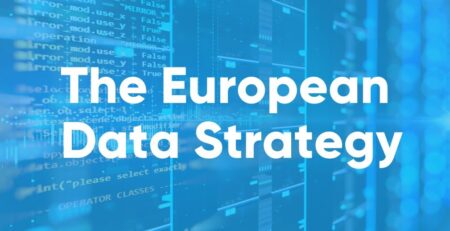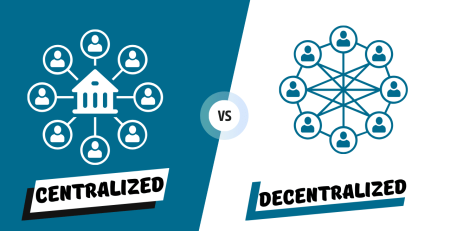by Soussana Simopoulou (Karavias Underwriting Agency)
In the insurance industry, transparency and user consent are no longer optional—they are essential. For life insurance providers, accessing accurate health data can support better risk assessment, faster policy approvals, and more personalized coverage. But this must be balanced with the user’s right to control their data, understand how it’s used, and actively consent to its processing. In the past, consent was treated as a one-time agreement—buried in terms and conditions, difficult to understand, and even harder to manage. Today, digital transformation and stricter regulations like the GDPR have changed the game. Consent must now be:
- Freely given
- Informed and specific
But beyond regulatory compliance, true consent empowers individuals. It gives people clarity over who accesses their data, for what purpose, and under what conditions. It also opens the door to data-driven innovation, built on ethical principles and user trust. To assess life insurance applications, insurers often need sensitive health information. This could include:
- Medical history
- Chronic conditions
- Lifestyle indicators (e.g., smoking, exercise habits)
Access to such data can significantly improve underwriting accuracy, reduce fraud, and create fairer premiums based on actual risk. However, without clear, user-driven consent, this process risks eroding trust and violating personal privacy. Thanks to advances in technology, consent is no longer just a static agreement—it can now be active, dynamic, and user-driven. Through the EU-funded CONSENTIS project, we are exploring next-generation tools that allow users to:
- Review exactly what data is being requested
- Accept or reject each request individually
- Set rules for future data sharing (e.g., only for certain providers, for a limited time
This kind of self-sovereign identity (SSI) and user-centric consent management puts individuals back in control—where they belong.

When individuals understand that their health data is used responsibly, securely, and transparently, they are more willing to share it, leading to:
- Faster policy approvals
- More accurate underwriting
- Improved customer experience
Moreover, future insurance services will increasingly rely on data flows across sectors—healthcare, wellness platforms, wearables, and public records. Without robust consent and control mechanisms, this ecosystem cannot function.
Through CONSENTIS, we’re investing in solutions that respect users, comply with regulations, and future-proof our services.
References:
https://sovrin.org/the-promise-of-self-sovereign-identity-and-its-impact-across-industries/
https://revolve.healthcare/blog/patient-consent-and-digital-health-data-in-gdpr-and-hipaa-context
CONSENTIS Grant Agreement







